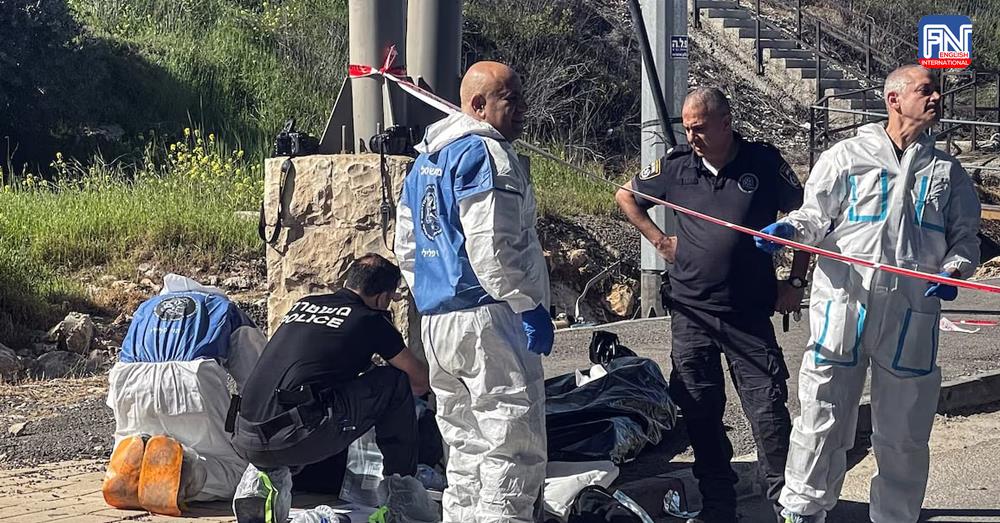CAIRO/GAZA March 13 (Reuters) - Israel said on Wednesday its airstrike on a U.N. food distribution centre in southern Gaza killed a Hamas commander whom it targeted, and Palestinian health officials said it killed four more people including a U.N. worker.
The Israeli military said the strike killed Mohammad Abu Hasna, whom it described as a Hamas militant who provided intelligence to the group on Israeli troops' positions and was "also involved in taking control of humanitarian aid and distributing it to Hamas terrorists."
In a statement, Hamas said Abu Hasna was a member of its police force and condemned his killing as a "cowardly assassination" meant to disrupt aid distribution.
Hamas identified another of the five killed as the head of an emergency committee for Rafah, Nidal al-Sheikh Eid.
The main U.N. agency for Palestinians (UNRWA) said one of its facilities had been hit in Rafah, an area in southern Gaza where more than half of Gaza's 2.3 million population is sheltering.
At least one UNRWA staff member was among the five killed and 22 others were injured, the agency said, adding that the facility's coordinates had been shared with the Israeli military.
"Today’s attack on one of the very few remaining UNRWA distribution centres in the Gaza Strip comes as food supplies are running out, hunger is widespread and, in some areas, turning into famine," said UNRWA chief Philippe Lazzarini.
Hamas has denied Israel's accusations that it diverts food aid and says Israel is using famine to pressure the Palestinian population.
Israeli Prime Minister Benjamin Netanyahu said on Wednesday he was determined to have UNRWA replaced by other agencies without harming aid distribution, citing alleged links between the agency and Hamas militants.
In Washington, U.S. Secretary of State Antony Blinken at a news briefing said he had not yet received details of the incident but said Israel must protect safety of humanitarian workers despite tough conditions.
"You're in a war zone. You have a terrorist group that is firing from hospitals, from schools, from apartment buildings, but the Israeli military, the Israeli government have a responsibility and an obligation to do everything possible to ensure that the humanitarians can do their jobs," said Blinken.





